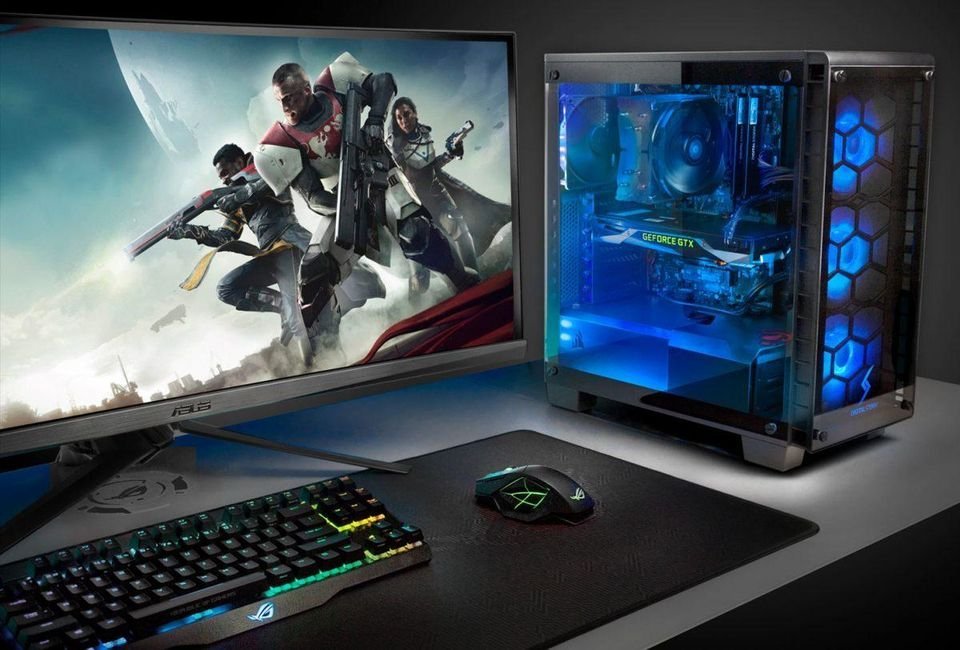The lifespan of a gaming PC is a common concern among enthusiasts and users looking to invest in high-performance systems. Various factors contribute to the longevity of a gaming PC, making it essential to understand the typical lifespan and considerations affecting its duration.
Hardware Quality and Upgradability
The lifespan of a gaming PC largely depends on the quality of its components. Higher quality, durable parts tend to last longer. Additionally, a PC’s upgradability plays a significant role. Systems designed with upgrade paths in mind can extend their lifespan by accommodating newer components.
Technological Advances
Rapid advancements in technology affect a gaming PC’s longevity. As new hardware, such as CPUs, GPUs, and storage devices, gets released, older components may become outdated in terms of performance and compatibility with newer software and games.
Gaming Requirements
The demands of modern games continually evolve. While a gaming PC might run games smoothly upon purchase, it might struggle with newer, more demanding titles over time. Upgrading individual components can help keep up with these evolving requirements.
Maintenance and Care
Regular maintenance, such as cleaning dust, proper airflow management, and keeping components within safe temperature ranges, can significantly prolong a gaming PC’s lifespan. Neglecting maintenance can lead to overheating and premature hardware failure.
Overclocking and Stress
Overclocking, while it can enhance performance, can potentially reduce a component’s lifespan due to increased stress and heat generation. Running components beyond their recommended specifications may cause them to degrade faster.
Average Lifespan Expectations
On average, a well-maintained gaming PC can last anywhere from 3 to 5 years before major hardware upgrades might become necessary to keep up with modern gaming demands. However, this can vary significantly based on usage, component quality, and technological advancements.
Factors Affecting Specific Components
Different hardware components have varied lifespans. For example:
- CPU and GPU: These components typically have longer lifespans and can last for several years. However, their performance might become inadequate for newer games after a few years.
- Storage Devices: Solid-state drives (SSDs) and hard disk drives (HDDs) might last anywhere from 3 to 5+ years depending on usage and quality.
- Power Supply Unit (PSU) and Cooling Systems: High-quality PSUs and cooling solutions can last longer, often exceeding the lifespan of other components.
Final Thought:
The lifespan of a gaming PC is influenced by a multitude of factors, including hardware quality, technological advancements, gaming requirements, maintenance, and usage patterns. While it’s challenging to predict an exact lifespan, taking proper care of your system, considering upgrades, and being mindful of hardware stress can significantly extend its usability.
Regularly assessing your PC’s performance against newer games and software and upgrading components accordingly can help you maintain a high-quality gaming experience over an extended period. Ultimately, a gaming PC’s lifespan is variable and can be optimized with careful consideration and proactive maintenance.
